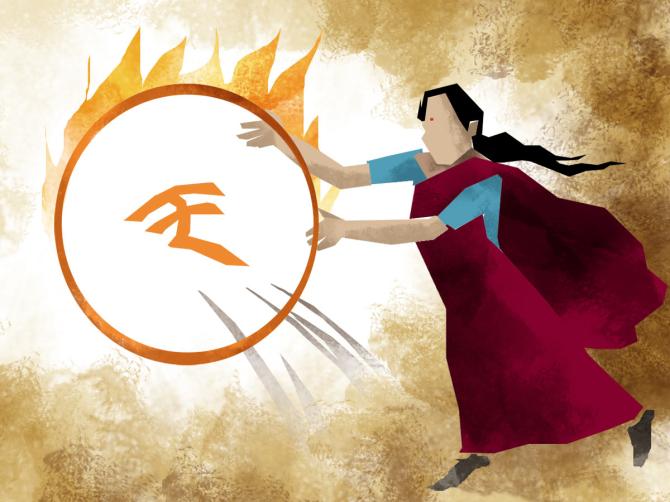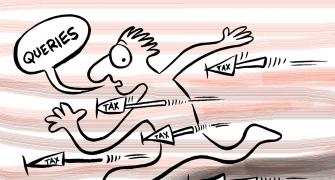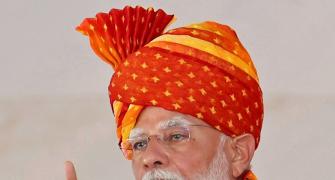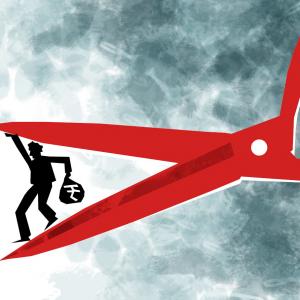Most taxpayers will benefit from being in the old tax regime, assuming they optimise their salary for tax benefits and claim the deductions available to them, notes Bindisha Sarang.

The September 30 deadline for filing income-tax returns for 2020-2021 (assessment year 2021-2022) is still some time away, but it is prudent to start the process early.
One decision those filing returns will have to take is whether to stick with the old or switch to the new tax regime.
Salaried individuals need to inform their employer about the regime they have opted for at the start of the financial year, allowing the latter to deduct TDS (tax deducted at source) during the year at applicable rates.
However, employees can change their minds at the last minute.
Archit Gupta, chief executive officer, Clear, says, "An employee can choose a more beneficial regime at the time of filing his ITR."
Old versus new regime
Slab rates are higher in the old regime.
Gopal Bohra, partner, N A Shah Associates, says, "All deductions and exemptions a person is eligible for are allowed while computing his taxable income in the old regime."
These include an exemption for house rent allowance (HRA), investment-linked deductions under Section 80C, deductions under Sections 80D, 80G, and so on.
The Finance Act, 2020, introduced a new, optional tax regime, which allows individuals and Hindu Undivided Families (HUFs) to pay tax at lower slab rates, in lieu of forgoing many of the deductions and exemptions allowed in the old regime.

Which you should choose
The choice of regime depends on a number of factors, ranging from investments to salaries, among others.
Bohra says, "Taxpayers who don't intend to invest or have missed out on investing in tax-saving instruments can opt for the new regime.
In the case of salaried persons, those who do not receive HRA and/or do not intend to invest in tax-saving instruments can consider the new tax regime."
Gupta informs that senior citizens and super-senior citizens benefit from the higher basic exemption of Rs 3 lakh and Rs 5 lakh, respectively, in the old tax regime.
Most taxpayers will benefit from being in the old tax regime, assuming they optimise their salary for tax benefits and claim the deductions available to them.
Kumarmanglam Vijay, partner, J Sagar Associates, says, "The taxpayer who does not have any income from business and profession has to opt-in for the new regime every financial year at the time of filing the original return."
Taxpayers having income from business or profession also have to opt-in for the applicability of the new regime.
Vijay says, "Once opted, this will be applicable to all the subsequent financial years unless they withdraw subsequently."
Adds Sumit Mangal, partner, L&L Partners: "A person with business income can only withdraw from this regime once. He will not be able to choose it again."
How to choose?
Factor in a few things while making this choice.
Gupta says, "After considering all the exemptions and deductions you are eligible for, calculate your tax liability based on the old tax rates. Next, calculate tax based on the new tax rates without considering exemptions or deductions (most deductions and exemptions allowed in the old regime are not allowed in the new one). Compare the tax liability and then choose the more suitable option."
He advises using an online tax calculator for this purpose.
You can switch
Individuals and HUFs with income under the heads of salary, house property, capital gains, and other sources can choose any regime suitable to them every year.
If a taxpayer switched from the old tax regime to the new one during the year, he can switch back next year.
Taxpayers have to submit Form 10IE to the income-tax department every time they switch.
It can be submitted electronically at the e-filing tax portal before filing ITR.
Feature Presentation: Aslam Hunani/Rediff.com










